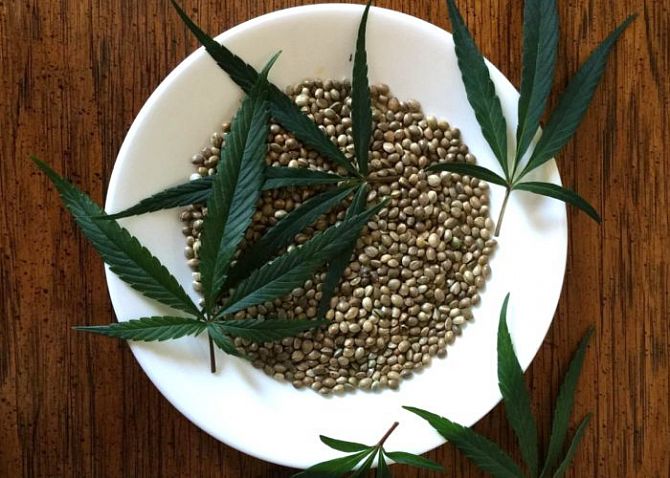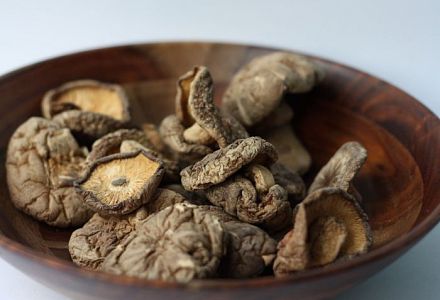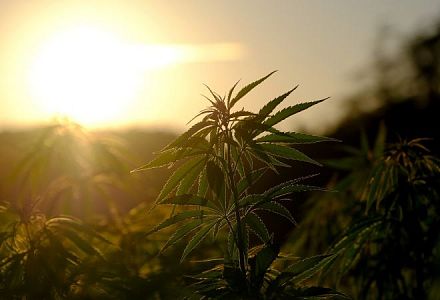
Omega-3 fatty acids explained
There are eleven different Omega-3 fatty acids. The three most important ones are alpha-linolenic acid (ALA), eicosapentaenoic acid (EPA), and docosahexaenoic acid (DHA). All three can be found in a variety of foods. For example, plant oils contain ALA, while seafood is full of DHA and EPA.
ALA, a fatty acid mainly found in plant oils, can not be produced in the human body, while EPA and DHA can, however only in small amounts. Therefore, meeting the required amount of Omega-3 fatty acids intake depends entirely on your diet.
Fortunately, if it's not possible for your diet to provide you with enough Omega-3s, you can always use supplements.
What can you gain from making sure that your body has enough Omega-3s? We need more clinical studies to know for sure. However, it does look like they may decrease the chances of suffering from cardiovascular diseases, osteoporosis, rheumatological arthritis, and cognitive decline related to aging. A deficiency of Omega-3s has also been linked to different psychiatric disorders, including depressive disorder, bipolar disorder, schizophrenia, and attention deficit hyperactivity disorder.
A healthy diet rich in seafood, nuts, seeds, plant oils, and fortified foods (with added Omega-3s) might not require supplementation. But the same can hardly ever be said about a standard western diet, which tends to be based heavily on meat and various carbohydrates. These ingredients often lack any significant amounts of Omega-3s.

CBD & Omega-3 fatty acids
Hemp, a variety of the cannabis plant, is known for its high CBD (Cannabidiol) content. But that's not all that hemp has to offer. It also contains many other ingredients that are beneficial for human health, including various vitamins, minerals, and - you guessed it - Omega-3 fatty acids.
While CBD does not contain Omega-3s, hemp seed oil certainly does. And if this is the oil that is being used as a carrier oil in your CBD product, then you are already using a combination of CBD and Omega-3s.
Interestingly enough, some preclinical studies have shown a connection between Omega-3s and the Endocannabinoid system. To be more specific, it is believed that Omega-3 fatty acids play a crucial role in producing endocannabinoids in our bodies. Omega-3 deficiency has even been shown to impact the workings of the endocannabinoid system and get it out of balance.
This also explains why the benefits of Omega-3 fatty acids are somewhat similar to those of CBD, as well as why CBD can not perform at its best in a body that suffers from Omega-3 deficiency.

History of Omega-3 fatty acids
The discovery of Omega-3 fatty acids is relatively new. In 1970, a group of Danish researchers looked into the diet of Inuits from Greenland, which consisted mainly of fresh fish and seals.
By analysing both the diet and the blood of the Inuits, the Danish researchers discovered Omega-3 fatty acids and found a potential connection between an Omega-3-rich diet and decreased occurrence of thrombosis and atherosclerosis - both linked to heart attacks.
Their first paper on the topic was published in 1978, and this was the starting point for more research into Omega-3s.
Further research also showed a connection between a seafood-rich diet and a lower risk of certain serious chronic diseases, on top of cardiovascular ones. Such conditions include certain age-related illnesses, rheumatoid arthritis, and various cognitive functions. However, it is still unclear whether people who have a seafood diet tend to be healthier due to Omega-3s, a healthier lifestyle, other external reasons, or a combination of the three.

Good to know about Omega-3 fatty acids
Our bodies can't produce all the Omega-3 fatty acids that we need. Therefore, it is important to eat enough food that is rich in Omega-3s or use supplements.
However, just like many other dietary supplements, Omega-3s may interact with medications. There have been cases of people taking high doses of Omega-3s along with blood thinners, which resulted in some bleeding problems.
Fortunately, healthy people should not experience any side effects as long as they stick to the recommended daily doses.




